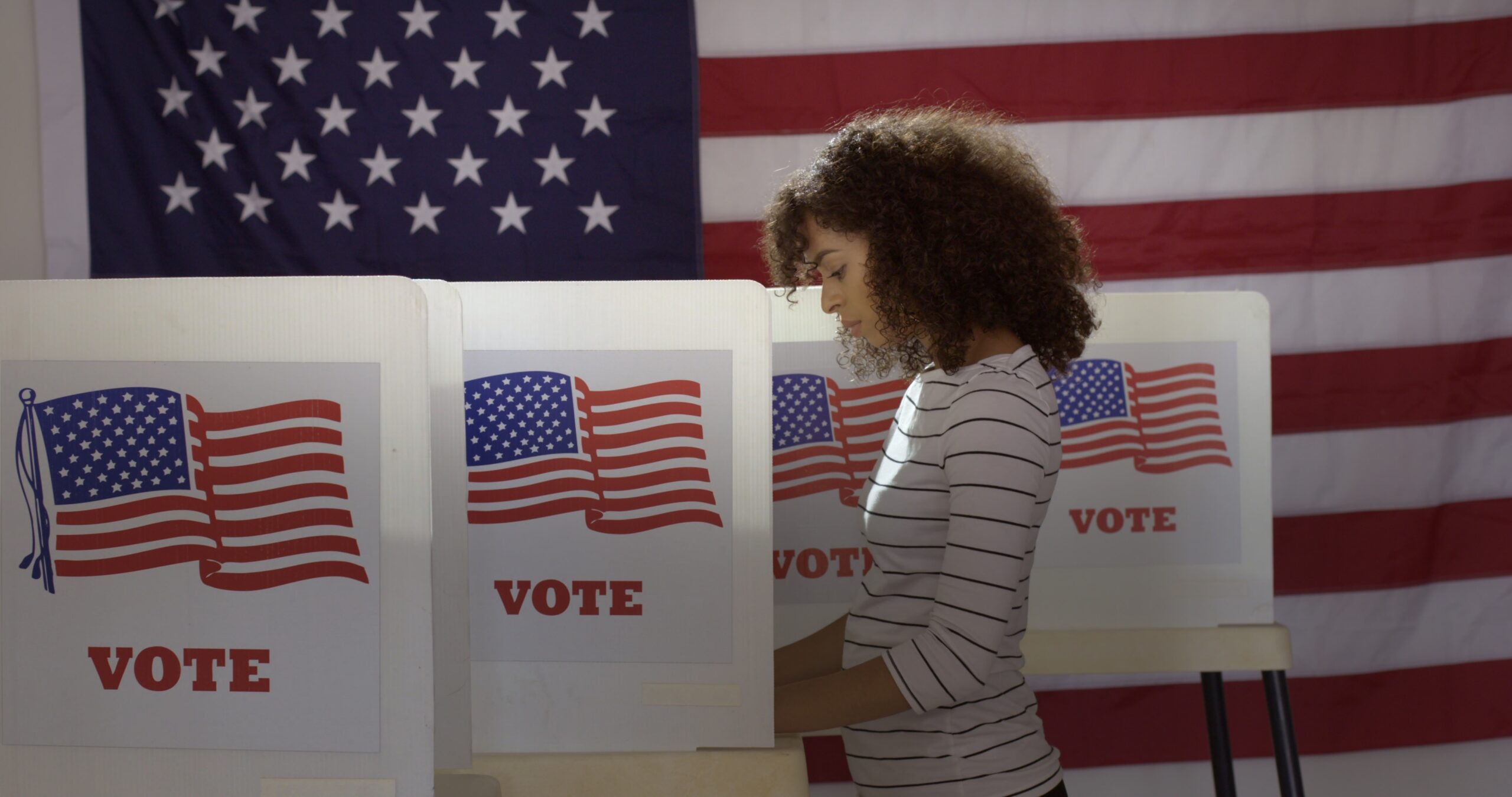Judge Halts Part of Florida Law Attacking Direct Democracy
In a win for Florida voters, a federal court has temporarily blocked some parts of a new state law that makes it much harder for residents to put citizen-led initiatives on the ballot.
In a win for Florida voters, a federal court has temporarily blocked some parts of a new state law that makes it much harder for residents to put citizen-led initiatives on the ballot.
A federal court ruled that a Kansas law banning prefilled mail-in ballot applications is unconstitutional and violates the First Amendment.
Citing the Supreme Court’s recent ruling curtailing nationwide injunctions, the Department of Justice asked a federal judge to modify a previous court order to revive a key portion of President Donald Trump’s sweeping anti-voting decree.
The U.S. Department of Justice defended Wyoming for its newly enacted law that requires documentary proof of U.S. citizenship for voter registration.
Tea Party Patriots, the political arm of the long-running Tea Party movement, is launching a campaign aimed at pressuring lawmakers to the SAVE Act.
Republicans filed a lawsuit Monday seeking to block a state law that allows certain U.S. citizens living abroad to vote in Arizona elections.
Governors in two key swing states are weighing far-reaching voter suppression measures passed by GOP lawmakers.
The ACLU of Montana filed a motion Tuesday to intervene in a lawsuit challenging a state law that threatens to disenfranchise Indigenous voters.
The RNC has entered the legal battle over Wyoming’s new proof of citizenship voting law, aligning with election denier Chuck Gray.
Democracy will only continue to thrive as long as patriotic Americans — including state and local officials of all parties — defend it.
